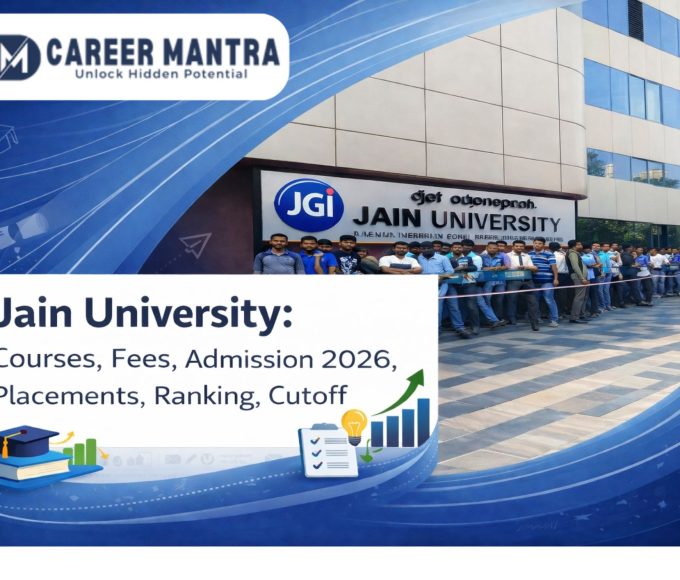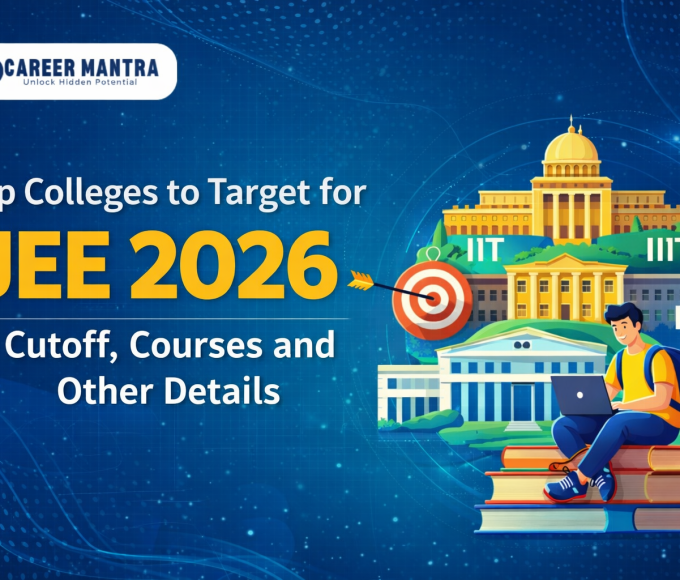How to prepare for UPSC?

One of the most prestigious exams in India is the UPSC Civil Services Exam. Every year, thousands of individuals across the nation attempt it. However, only a very small percentage of them are successful in achieving their IAS goals. The IAS exam is difficult not simply because of how long the syllabus is, but also because of how unpredictable it is.
Being a bookworm alone won’t help you pass the UPSC exam. The personality test round is the final part of the UPSC exam procedure, where the UPSC board will interview the candidate to gauge his or her personality and eligibility for a career in the services. Alongside academic knowledge, the individual must be fully developed for this. Even in academics, the goal should be to constantly learn about the most recent events and current affairs in the nation and abroad rather than just fulfilling the required readings.
The Indian Administrative Service (IAS) is the country’s most sought-after profession. Similar circumstances apply to services like the Indian Foreign Service (IFS), Indian Police Service (IPS), etc. A unified exam known as the UPSC Civil Services Exam is used to recruit candidates for roughly 20 services, including the IAS, IPS, and IFS, among others (CSE). The Central Authority overseeing the entire hiring procedure is the Union Public Service Commission (UPSC).
To begin their preparation for the UPSC test in the most effective way, applicants who are preparing independently must have complete information about the exam, including the UPSC exam pattern, UPSC exam syllabus, UPSC marking scheme, how to select the optional papers for the UPSC exam, etc. Preliminary, main, and interview phases make up the UPSC examination process.
Focused study is required for the approach to both the prelims and main exams. The chapters in the UPSC prelims and mains overlap significantly; they are not that dissimilar from one another. For both the UPSC prelims and mains, applicants should concentrate on an integrated preparation strategy.
UPSC Exam Stages:
- The UPSC Civil Services examination consists of three parts, namely the Prelims, Mains, and Interview, as you may already be aware.
- General Studies-I and General Studies-II are the two tests that make up the UPSC Civil Services Preliminaries (CSAT).
- The UPSC Personality Test, often known as an interview, is the last phase of the UPSC Examination. On the basis of the combined score from the UPSC Main Exam and Interview, the final result is announced following the interview.
- The UPSC Personality Test, often known as an interview, is the last phase of the UPSC Examination. On the basis of the combined score from the UPSC Main Exam and Interview, the final result is announced following the interview.
Preparation at home –
Without receiving any coaching, many students pass the examinations, and some even perform exceptionally well. This makes it abundantly evident that, with or without coaching, your own preparation is the best approach. Although you can do these things on your own, many students prefer coaching since it establishes habits, goals, and practise. Only discipline and perseverance are needed. In the long run, you might actually save more time and money by investing it in your planning. a self-study to-do list
- Be diligent and effective with your time management. Establish a routine!
- Read only certain things, but do them thoroughly.
- Keep in mind to mix your books and your notes well.
- Every so often, take practise exams
- It’s a big curriculum, so start preparing early!
- Regularly create thought maps and brief notes!
- They aid in remembering.
- Make contact with other candidates. Dispute subjects!
- Most essential, have faith that you can succeed without assistance!
Preparation during graduation –
If you have decided on the subject for which you will also be writing in the IAS exam, start resolving problems and formulating responses based on the chapters you have studied. You will use these notes to study when you show up for the UPSC exam. If you haven’t already, add the IAS subject to your study schedule so that by the time you fill out the form, you are familiar with it and only need to revise and update information. See the advice provided for after +2, as it applies to you as well.
Preparation after 12th –
Starting early gives you the best chance to develop your general awareness and really shine on the GS paper and in the interview because you’ll be able to focus on analysis and awareness. Additionally, you won’t waste time learning about the exam and losing valuable time when the time comes. a checklist
- Learn all there is to know about the test.
- Choose your Bachelor’s programme carefully so that it will help you prepare for the IAS exam. If you require a backup plan, consider a BTech. Not to worry. You still have time to begin studying and becoming familiar with the social subject you intend to pursue for your IAS exam.
- Watch the news frequently.
- Daily discussion of the news and expression of opinion
- Start administering IQ exams and learning about logical thinking.
- Take part in online practise tests on a regular basis.
- Get a subscription to a magazine and read the articles critically.
Find Top Colleges in India:-
For more information Chat on WhatsApp:-






